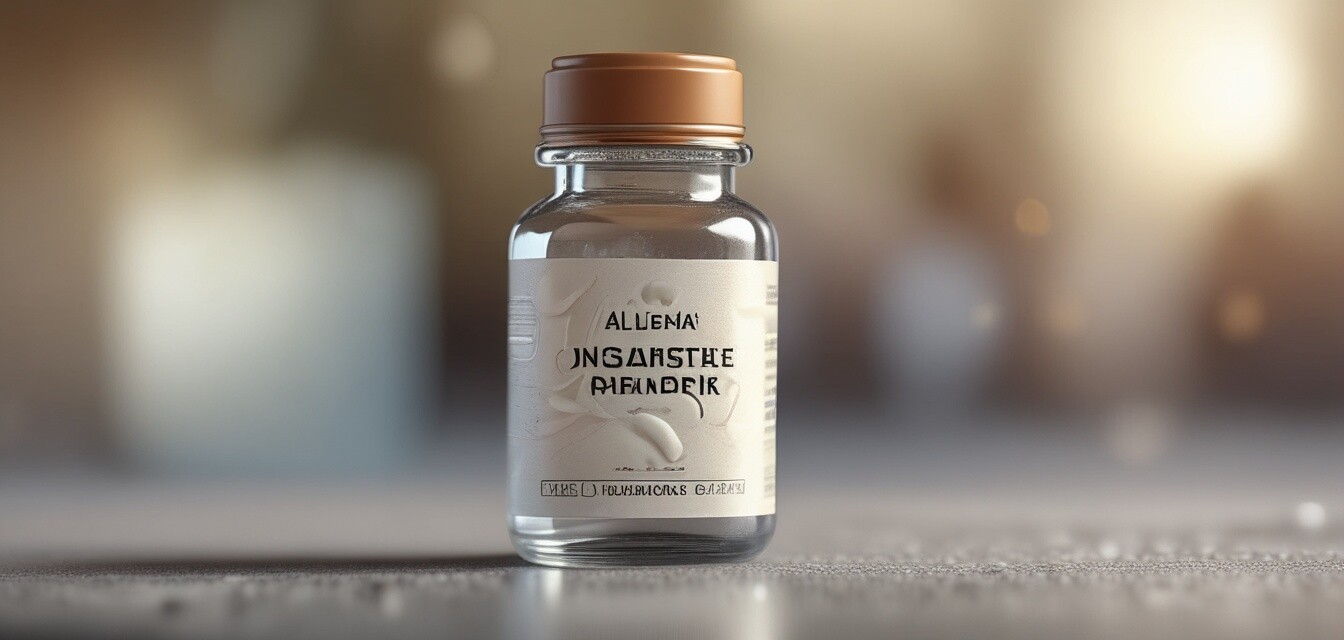
Allergy-Prevention Tips
Key Takeaways
- Understanding allergens is crucial for prevention.
- Consistent cleaning and maintenance can significantly reduce allergens in your home.
- Using the right products, including filters and air purifiers, can help minimize exposure.
- Adopting a proactive approach to lifestyle changes is essential for effective allergy management.
Seasonal allergies can significantly affect your quality of life. To help you breathe easier, this article focuses on various tips and lifestyle changes to minimize your exposure to allergens. Whether you're sensitive to pollen, dust mites, or pet dander, the right preventive measures can make a world of difference.
Understanding Allergens
Allergens are substances that cause allergic reactions. Some common allergens include:
- Pollen
- Dust mites
- Mold spores
- Pet dander
Learning to recognize these triggers can help you take steps to avoid them. Let’s explore some methods to prevent exposure.
Cleaning and Maintaining Your Home
Regular cleaning is one of the best ways to minimize allergens in your living environment. Consider these tips:
| Area | Tips for Reducing Allergens |
|---|---|
| Living Room | Vacuum weekly with a HEPA filter. Wash cushions and throws. |
| Bedroom | Use allergy-proof bedding covers and wash linens weekly in hot water. |
| Kitchen | Fix leaks to prevent mold growth. Make sure to clean up crumbs. |
| Bathroom | Use mold-resistant materials and keep the area dry and well-ventilated. |
Invest in Allergy-Proof Products
Choosing the right products can vastly improve your indoor air quality. Here are some must-haves:
Pros
- HEPA air purifiers can trap airborne allergens effectively.
- Allergy-proof bedding prevents dust mite infestations.
- High-quality filters enhance HVAC system performance.
Cons
- Some products may be costly upfront.
- Requires regular maintenance to function optimally.
Check out our detailed pages on air purifiers and allergy-proof bedding for specific recommendations.
Regularly Change Filters
Regularly changing air and furnace filters is crucial for maintaining good air quality. Follow these best practices:
- Replace HEPA filters every 6 months.
- Check furnace filters monthly during peak allergy season.
- Use filters rated MERV 11 or higher for better allergen control.
Limit Exposure Outdoors
Outdoor activities can expose you to pollen and other allergens. Here are some tips to limit your exposure:
- Check local pollen forecasts before heading outside.
- Stay indoors during high pollen count days, especially in the morning.
- Shower and change clothes after spending time outdoors.
Groom Your Pets Regularly
If pets are a part of your life, here’s how to keep dander at bay:
- Brush pets outdoors to reduce indoor dander.
- Consider hypoallergenic pet breeds.
- Vacuum regularly, focusing on pet areas.
Using Nasal and Sinus Care Products
To complement your prevention measures, consider using nasal and sinus care solutions. Products designed to wash away allergens can be beneficial during peak seasons. Explore our comprehensive guide on nasal and sinus care.
Conclusion
Minimizing exposure to allergens requires commitment and proactive measures. By adopting these tips and integrating various products into your routine, you can create a healthier environment both at home and outside. For more resources, check out our detailed guides on allergy medications and HEPA filters.
Beginner’s Tips for Allergy Prevention
- Start with a deep-cleaning of your home.
- Introduce one allergy-proof product at a time.
- Keep windows closed during high pollen seasons.
- Monitor indoor humidity levels to inhibit mold growth.
Further Reading
To deepen your understanding of allergies and prevention methods, check out our articles on eye drops and treatments, HEPA filters, and more.







